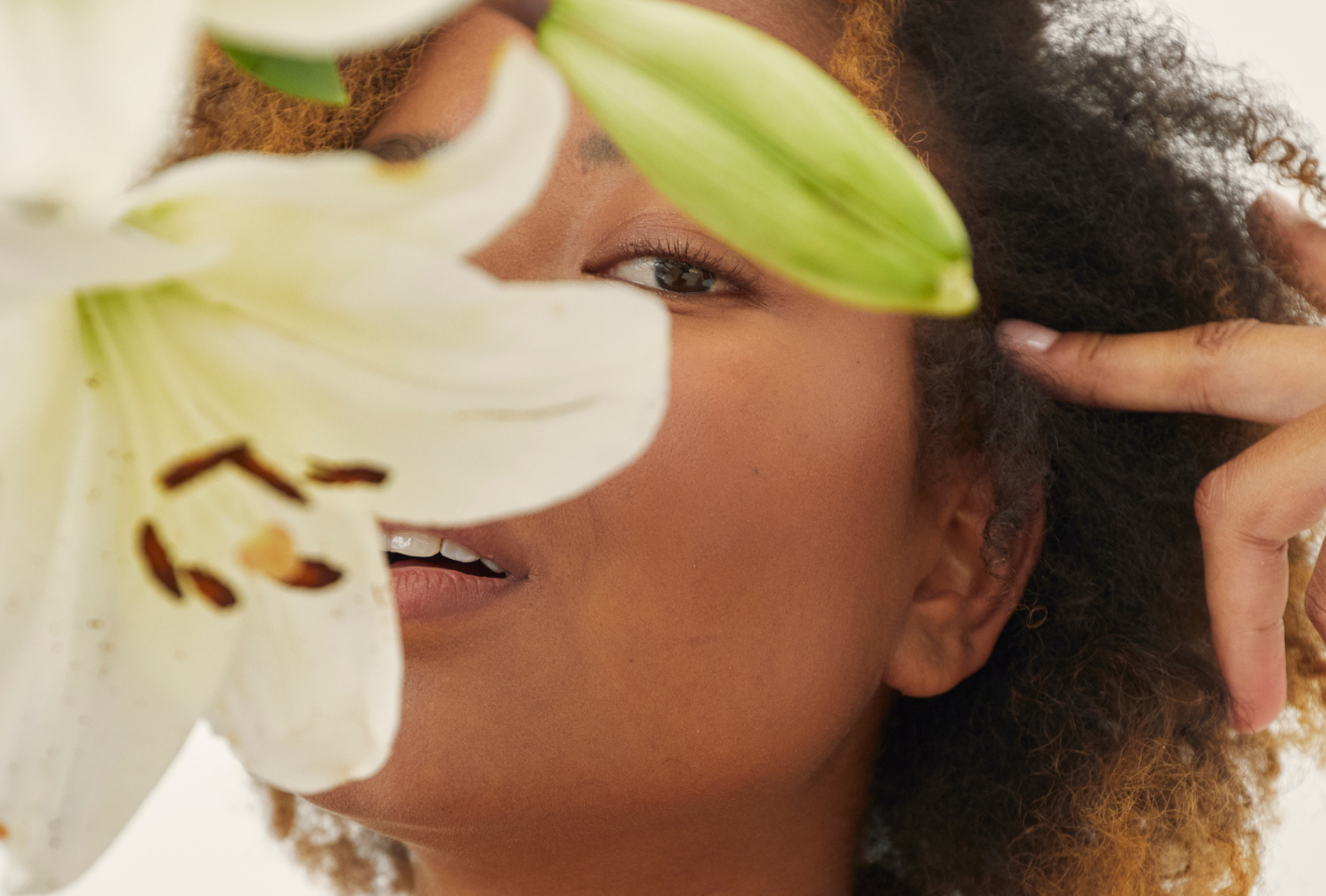Friday, May 30, 2025
From Sustainability to Regeneration

In beauty, sustainability has long been the goal. But today, the conversation is shifting. The future isn’t just about reducing impact, it’s about restoring. It's about regeneration: actively giving back to the ecosystems, materials, and communities that beauty depends on.
This mindset is starting to reshape the industry, from the way ingredients are sourced, to how packaging is designed, to the stories brands are beginning to tell. Regenerative beauty is becoming part of a broader cultural evolution.
There are several reasons for this change. Consumers are increasingly skeptical of surface-level sustainability claims. Greenwashing is frown upon and brands can face public backlash for it. At the same time, people are reconnecting with the idea of nature as a living system, something to protect, to heal, and to honour, rather than simply a resource to use.
The regenerative mouvement is already influencing key parts of the beauty industry.
Rethinking Packaging as Part of Nature
Packaging has long been one of beauty’s biggest sustainability challenges. Single-use plastics dominate the sector, and even with improvements like recyclable materials and refillable systems, most solutions still delay, rather than solve, the waste problem. More regenerative approaches are starting to emerge, including compostable materials, bio-based alternatives, and refillable ecosystems designed for true circularity. One example is Wildsmith Skin, which recently introduce a fully compostable packaging solution. Made from microbial materials, the packaging naturally breaks down in composting conditions without leaving toxic residues and offering a real way for beauty products to return to the earth in a positive, regenerative cycle.

Farming That Nourishes Ecosystems
The beauty industry is highly resource-intensive when it comes to ingredient sourcing. Organic farming has helped protect consumer health by limiting chemical exposure, but regenerative and biodynamic agriculture go a step further, actively healing the land. Aeos, for instance, grows its botanicals on a biodynamic farm in the UK. Here, the farm is treated as a living organism: crop rotation, natural composts, and attention to lunar cycles are used to restore soil fertility, support biodiversity, and balance water ecosystems. It’s a farming philosophy rooted in giving back to the earth.

Biotech as a Regenerative Tool
Biotechnology is also helping to rethink how beauty ingredients are grown. By cultivating plants in controlled environments rather than open fields, biotech can reduce resource use, minimise the need for transport, and lessen the environmental impact of agriculture. Belgium-based company Botalys grows rare medicinal plants like Korean Ginseng using aeroponic farming, a technique where plants grow in nutrient-rich mist without soil. This method uses less water, less land, and cuts carbon emissions associated with global supply chains, while ensuring consistent, high-quality yields year-round.

Regenerative beauty hints at a deeper evolution. Rather than simply reducing impact, future brands could focus on restoring ecosystems, revitalizing communities, and nurturing connections between people, nature, and culture. In this future vision, regeneration would mean more than sustainable sourcing. It could involve reviving deserted rural areas, supporting local economies, and ensuring fair distribution of profit across the supply chain. Social responsibility would move from isolated initiatives to being included in product design, sourcing practices, and brand values.

We Out Wow is a Paris-based foresight and trend consultancy specialising in the beauty, wellness, and luxury industries. Founded by Monia Merabet, we help brands decode emerging signals, anticipate cultural shifts, and design future-facing strategies that connect deeply with consumers.
Through curated reports, strategic foresight workshops, and bespoke market intelligence, we support visionary teams in moving beyond the trends of today to shape the rituals, narratives, and innovations of tomorrow.
If you would like to explore how foresight can inspire your next innovation journey, visit our booth at Makeup in Paris. We would love to meet you and imagine the future together.